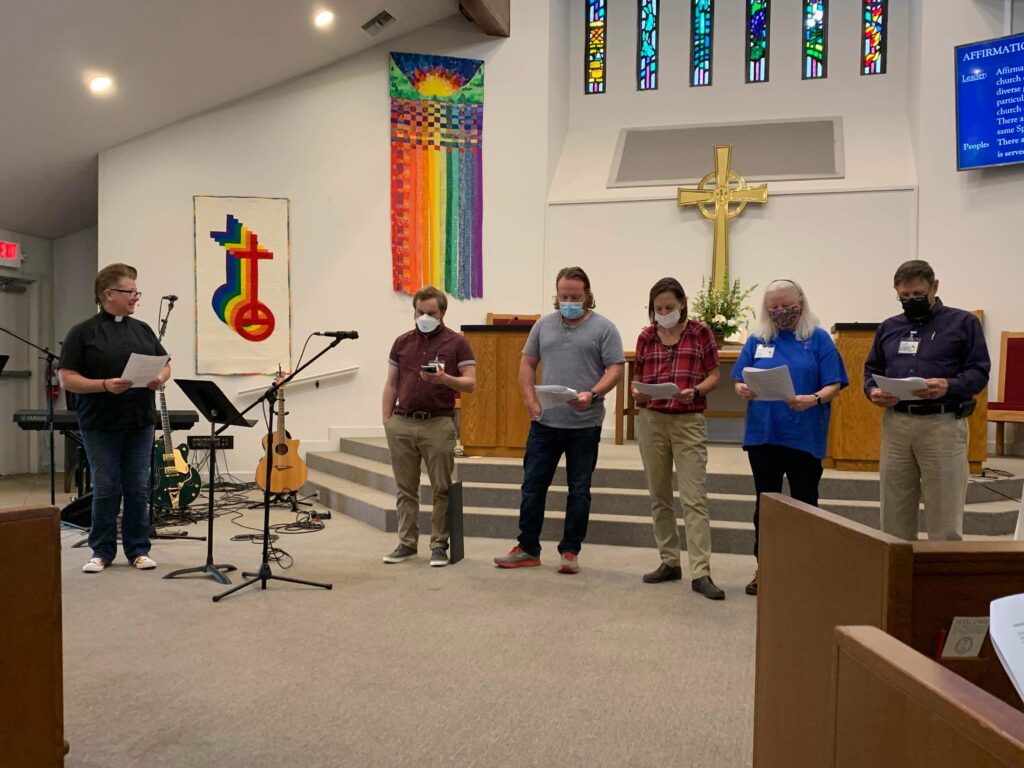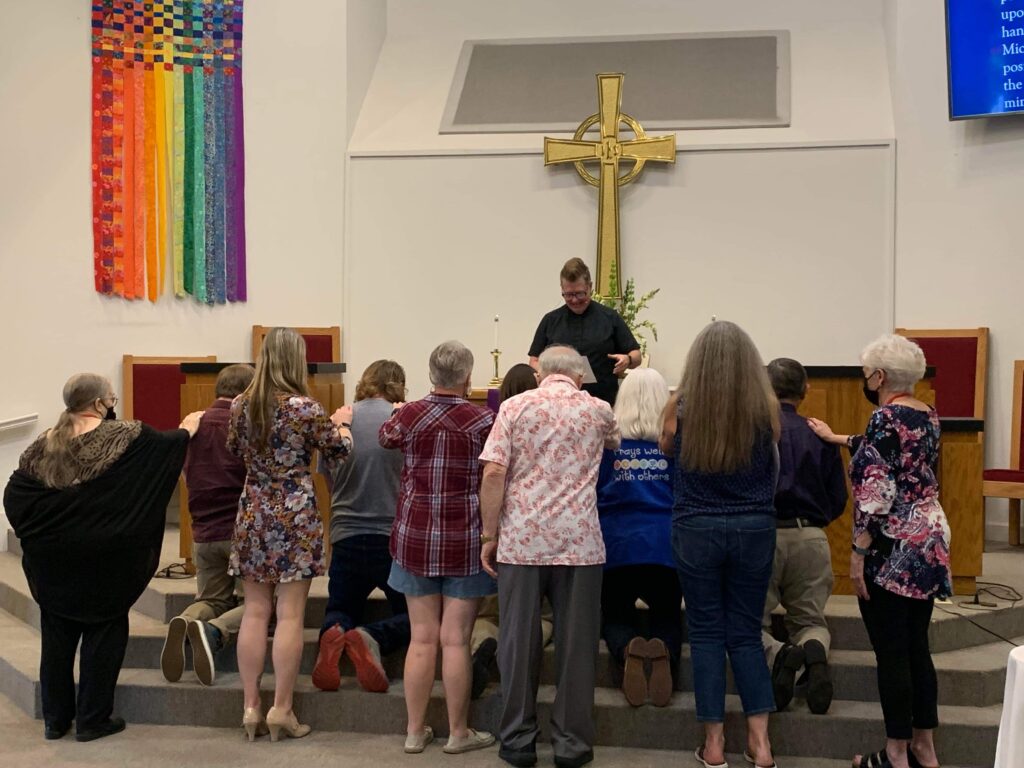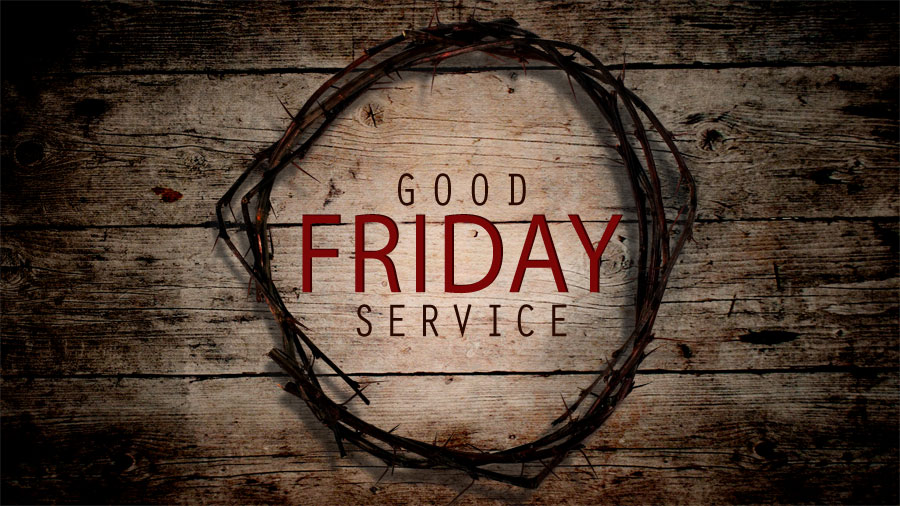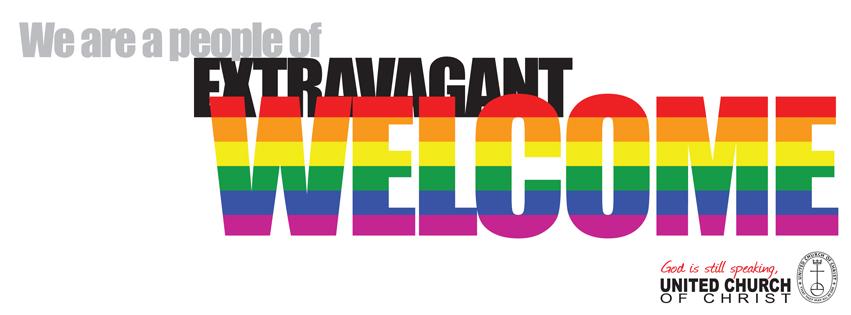
This Lenten season we have journeyed with Jesus as he encounters conflict after conflict with his colleagues in ministry. The tension has built all through the gospel narratives and we are finally approaching the ultimate confrontations during which Jesus stands his ground with compassion and clarity in a way that brings redemption to the world.
Knowing how deeply he is loved by God allows him to hold this stance—to not return evil for evil, to not run away, but to stand boldly and speak to our anger, our discomfort, our fears that led us as humans to kill him:
He has hard words for those in positions of power…
amazes into silence even his most staunch critics by the wisdom of his words…
names clearly those who take advantage of the vulnerable and outcast…
speaks grace and encouragement to his friend who will deny him 3 times out of cowardice and fear…
confronts his friend who seeks to betray him passive-aggressively while giving him a kiss…
calls forth those who scheme against him in the dead of night away from the sight of the crowds in front of whom they might look bad if they confront the popular Jesus directly…
answers wisely those who try to trick him or twist his words to have him murdered…
reassures his loved ones…
and assures mercy to the thief dying at his side.
I’ve been thinking a lot about healthy conflict lately. Anytime humans are in groups, we get the opportunity to meet our imperfections and triggers that still need healing and find our better selves with each other. When we are in an organization going through change, all while recovering from a pandemic, God help us, it’s even more of a challenge! Even good change is stressful and doing something new means by necessity letting go of the ways we have done them.
As I’ve shared with you in sermons and writings throughout our time together, conflict is not a negative, how we handle it is what is important. Can we allow such times be a means of grace with one another and for ourselves, or will we allow our words and actions to become a
mean grace? Healthy conflict helps us grow, allows us to deepen our relationships and trust with one another, heal old and systemic and generational wounds that all organizations have, and gives us the opportunity to discern where our systems have gaps that need to be strengthened and tightened up.
Toxic conflict tears down, divides, destroys, blames, hides, shuts down, lacks healthy boundaries about what is and is not acceptable, avoids open communication, and creates a dynamic in which there are those assigned as victims and villains and heroes. In reality, as I have preached repeatedly, the entire system is complicit in both our health and our healing edges and all must take responsibility for how we can become healthier and stronger together.
Do we look for a scapegoat to throw the sins of the people onto and then send them out in to the woods, or do we look for where our systems of communication and decision-making were inadequate and need to improve? Are we willing to look at our part in a dynamic or situation? Could we have spoken up more, differently, sooner, more graciously, more clearly, more boldly, and with more respect and love? Can we accept without shame our humanity when we are not our best selves and make amends, and then give others the grace and room to do the same without fear of our contempt?
Root Cause Analysis calls us to be hard on systems but gentle with people and to always have generosity of interpretation to assume folx are doing as well as they can do in any given moment and can and will do better if called to with the right tools and clarity of expectations. If change is needed, it is always up to the entire system to see what changes the whole system needs to make.
So, as we move forward into more and more change, as we seek to expand our ministries and outreach, as our family grows and grows and grows with new faces appearing all the time, as we seek to revitalize not just our church but also our property and grounds that have needed attention for quite some time, there will be more and more opportunities for us to engage in healthy conflict. As we do so, here are some tips from the experts about what that looks like:
Talk to and with each other rather than about each other
Be mindful of assumptions, people-pleasing, aggression, and passive-aggression
Notice our own perfectionism and judgments—toward ourselves and others
Pay more attention to our own part rather than seeking another to blame
Avoid triangulation (going around each other rather than to each other)
Notice the stories we are telling ourselves and check them out directly rather than assume
Own our own feelings and behaviors
Communicate openly and take responsibility for listening
Ask questions and check things out rather than assume
Ask, “What did _______ say when you told them how you felt?” as a gentle reminder to go directly to the source rather than be part of the problem by giving gossip a willing ear
Speak for yourself—don’t bring others’ views to beef up your argument such as “Some
people…” or “Others are saying…”
We’re gonna stink at all this at times. We’re gonna screw it up plenty. But we will practice it and we will get better and we will get healthier and we will grow. All the while, we will extend grace. Sometimes, the most graceful thing we can do is to hold a boundary, and we will do so a gently and lovingly as possible. Boundaries without compassion are harsh but compassion without boundaries is toxic.
What better group of people to practice this thing called life than people who have devoted themselves to a God of grace, and to being a part of a fellowship of believers all seeking to do good in the world? As each new member joins, we have the chance to be reminded of the vows we took with one another at our baptism and at our joining of the church, to be faithful and prayerful and loving and supportive of each other on our faith journeys.
The more we practice the more we will be a safe place for people to come who may not know what it is like to have healthy families who can argue without harming one another; the better example we will be to young couples and families about how to navigate disagreements and challenges; and the less we will risk committing character assassination or death by a thousand paper cuts snarking at or to or about each other.
I wouldn’t want to do this kind of growth work, as much as it can sometimes suck, with any other group of people than your wise, smart, caring, and open hearts. God be with us as we do.
Peace,
Pastor Carla












